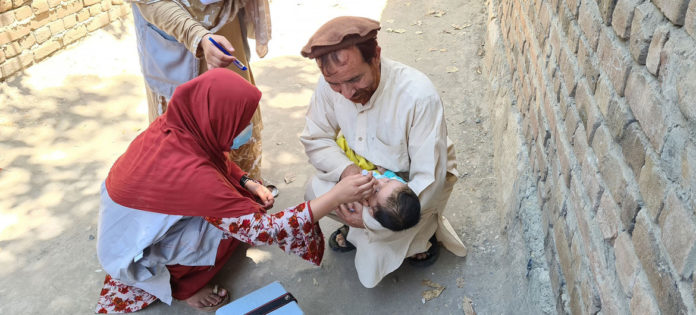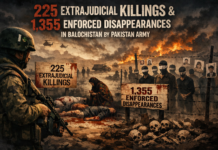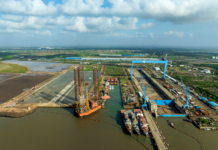New Delhi (NVI): It’s been almost 32 years since 1988 when WHO launched what was intended to be a twelve-year campaign to wipe out poliovirus and end the disease for all time but Pakistan and Afghanistan remain the two countries where polio is still endemic.
In fact, these are the only two countries that have not been able to wipe out the deadly virus that cripples children for whole life, partly due to misinformation, according to a UN report.
Interestingly, the African continent was declared free of wild polio just days ago. On August 25, the WHO certified the total eradication of poliomyelitis in Africa, after decades of work by a coalition of international health bodies, national and local governments, community volunteers and survivors.
At a time when the whole world is grappling to find a vaccine for the deadly coronavirus, Pakistan and Afghanistan still remain the last pockets of polio resistance. A reluctance to vaccinate is one of the issues that has contributed to sustained polio virus transmission in these countries.
Parents in some pockets of communities in these two countries refuse vaccines, due to rumours and beliefs they hold, according to Dennis Chimenya, a health worker with the UN Children’s Fund, UNICEF, who is part of a team trying to counter misconceptions, and save lives.
However, thanks to vaccinations, millions of children have been saved from paralysis and long-term suffering in Afghanistan and Pakistan, although the health workers in these countries have faced a lot of resistance and security threats during the polio campaigns.
The vaccination so far has not been easy and an innocuous campaign to ri the world of a crippling disease became a hostage to geopolitical wars.
Additionally, the programme has contained the transmission of the polio virus in the rest of the world, which remains free from the disease.
As per the UN report, the programme is not just about polio. It’s also about strengthening weak health systems and providing a wide range of essential services for children, especially amid the Covid-19 pandemic. These include providing vitamin A supplements, or deworming tablets.
In some of the highest risk areas, the UNICEF team also provide basic maternal and child health services that wouldn’t otherwise have been available. This has probably averted many child deaths, says Dennis Chimenya.
UNICEF gas played a crucial role in Pakistan during the COVID-19 pandemic, acting as a first responder, and helping the health system to deliver for the population.
Pakistan is a developing country, with a huge population facing multiple deprivations. So eradicating polio will take some more time in the country as hundreds of vaccinators and policemen have been assassinated by the Taliban in Pakistan.
Afghanistan also has a similar influence so both the governments of both these countries will have to create an atmosphere where the vaccination campaigns can operate without fear.
-ARK








